
Holly Dodd photo
The quote is the last line of this interview: SandraDodd.com/interview



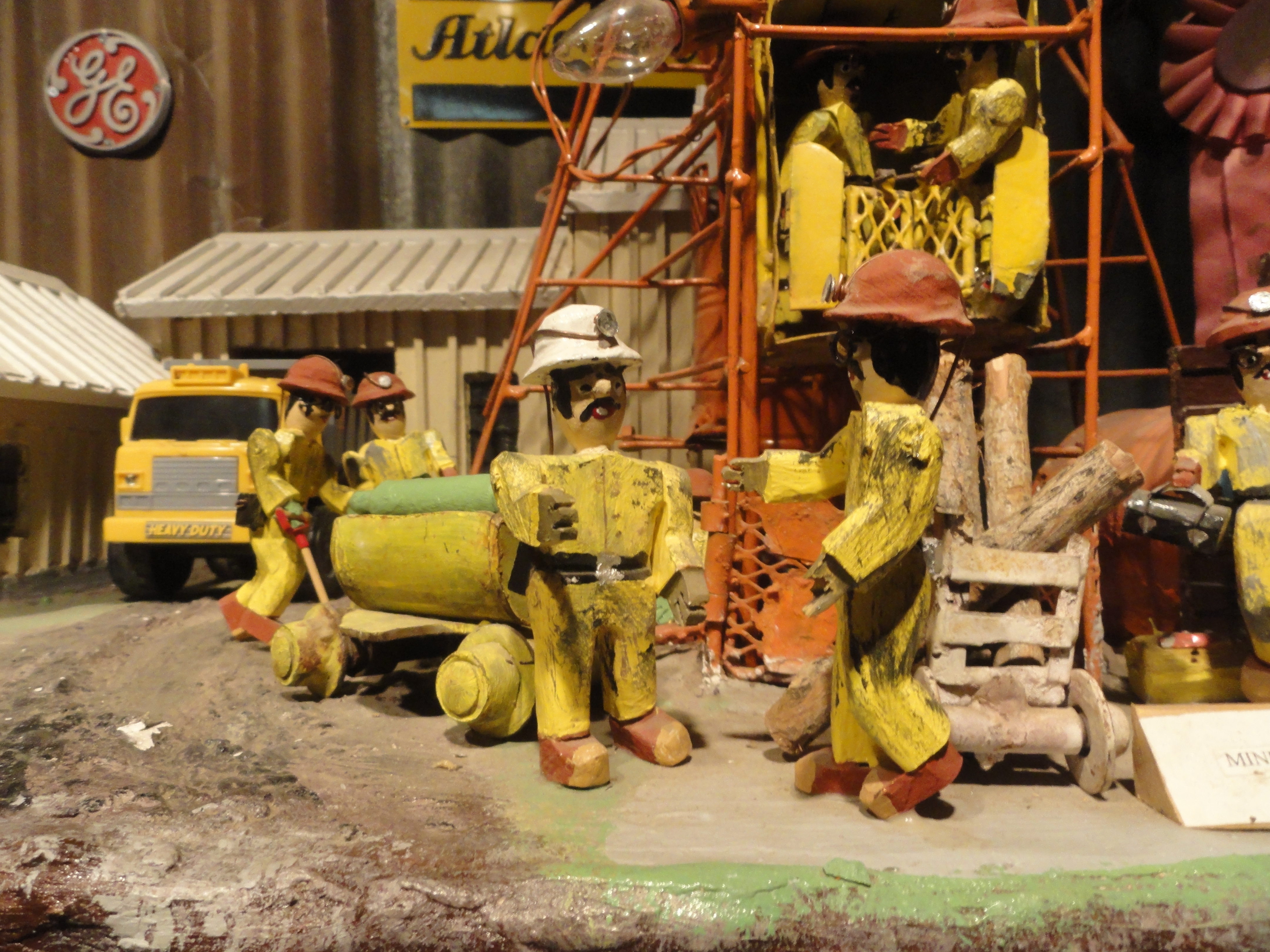

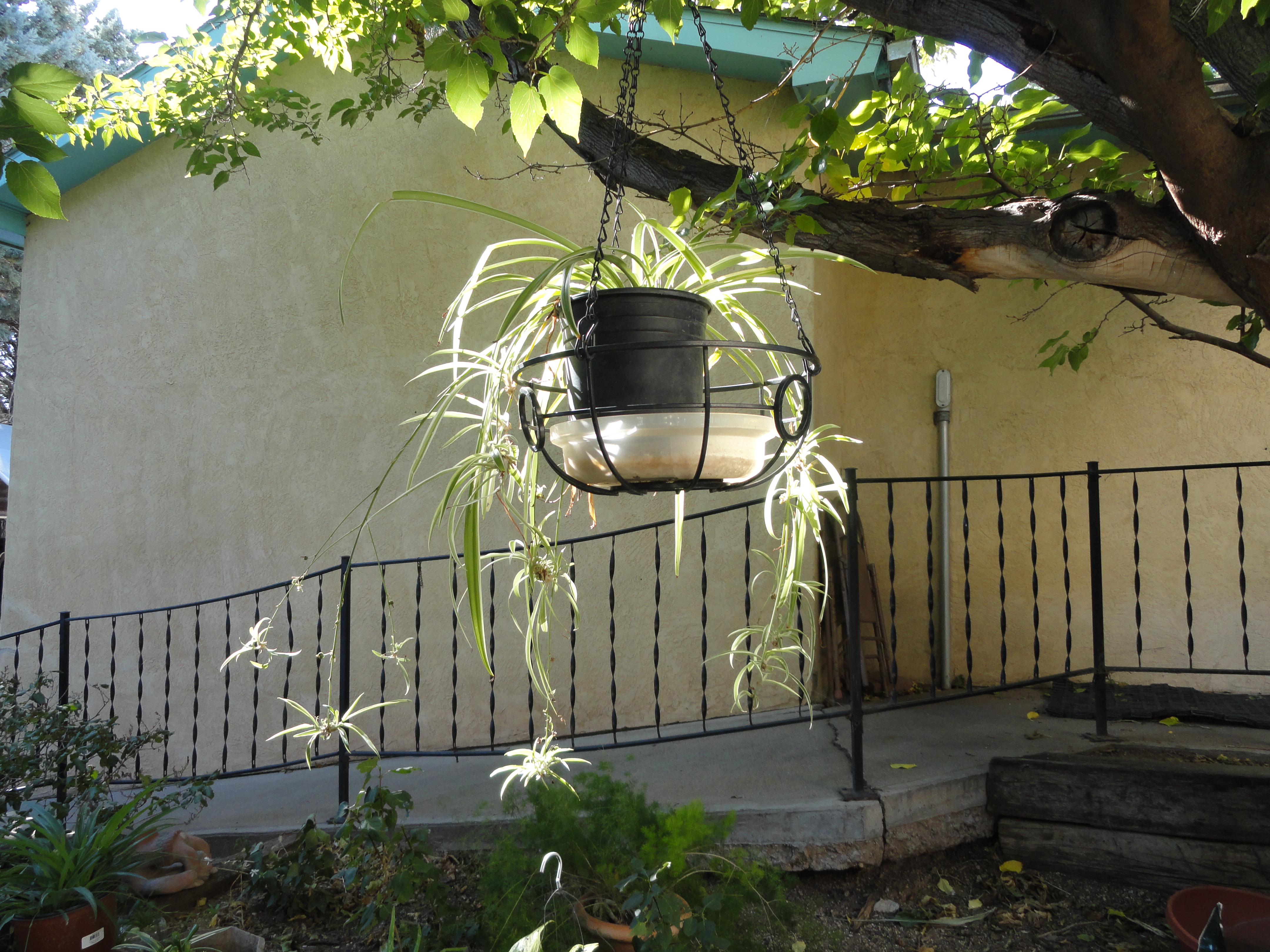
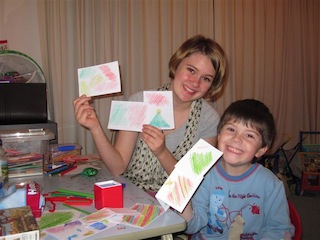


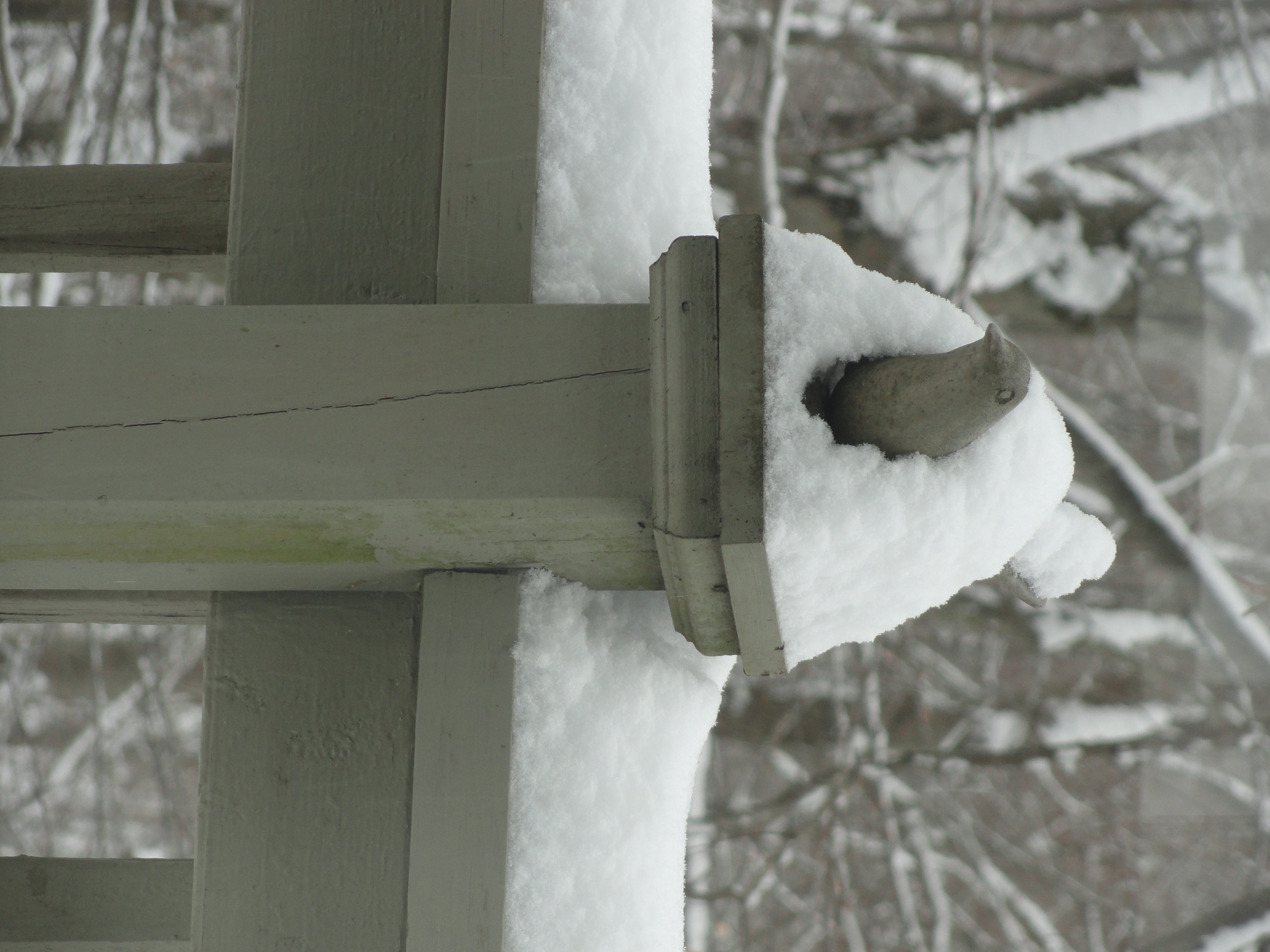

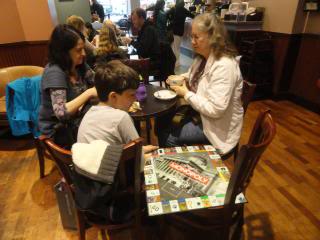 |
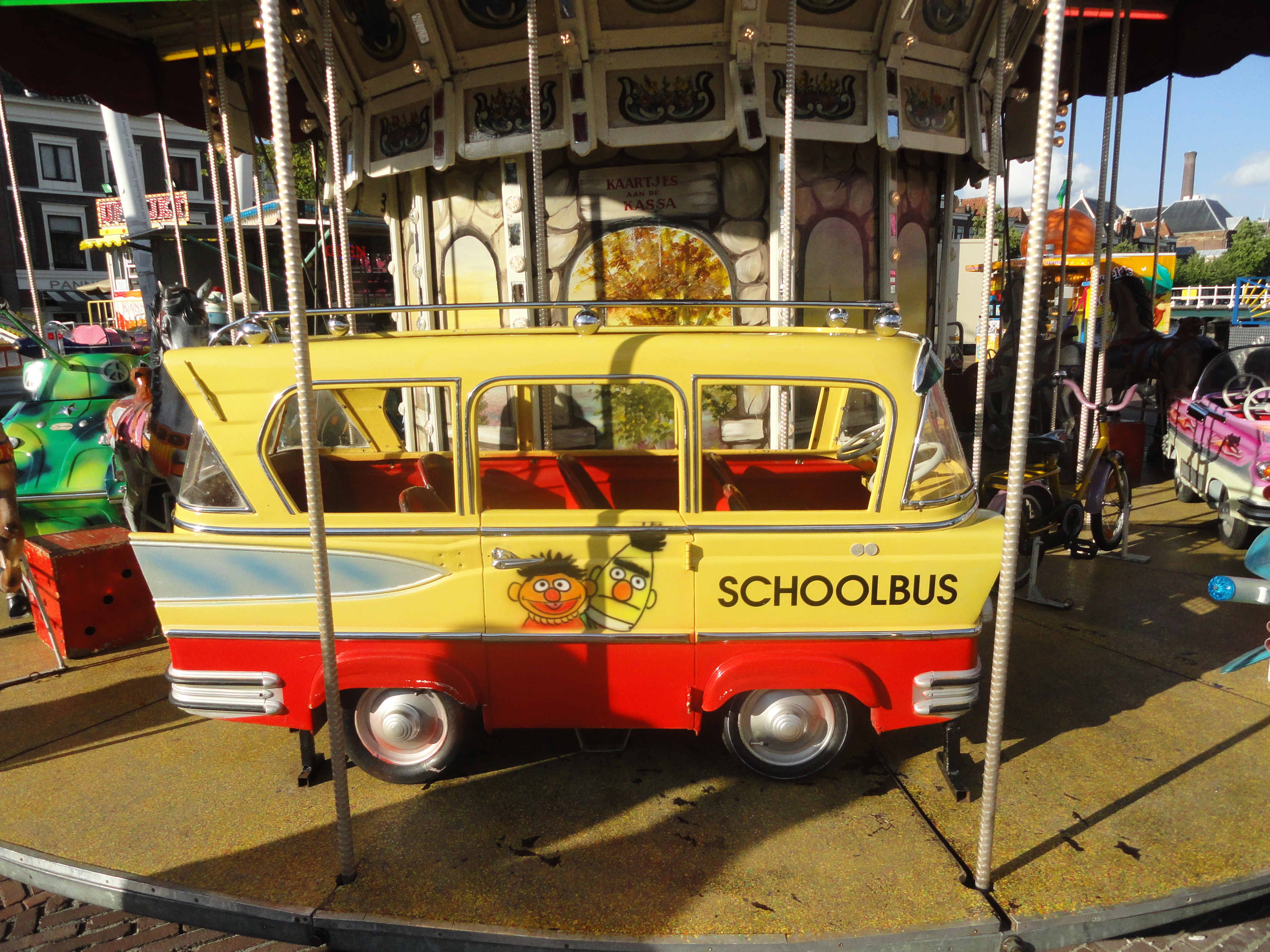


Since unschooling is a lifestyle, how can a family wanting to embrace these ideals begin the process? What encouragement would you offer?

Play. Joke. Sing. Instead of turning inward and looking for the answer within the family, within the self, turn it all inside out. Get out of the house. Go somewhere you've never been, even a city park you're unfamiliar with, or a construction site, or a different grocery store. Try just being calm and happy together. For some families, that's simple. For others it's a frightening thought.
Try not to learn. Don't try to learn. Those two aren't the same thing but they're close enough for beginners. If you see something *educational* don't say a word. Practice letting exciting opportunities go by, or at least letting the kids get the first word about something interesting you're all seeing.
 |
As to proof of whether unschooling is working, if the question is whether kids are learning, parents can tell when they're learning because they're there with them. How did you know when your child could ride a bike? You were able to let go, quit running, and watch him ride away. You know they can tell time when they tell you what time it is. You know they're learning to read when you spell something out to your husband and the kid speaks the secret word right in front of the younger siblings. In real-life practical ways children begin to use what they're learning, and as they're not off at school, the parents see the evidence of their learning constantly.


